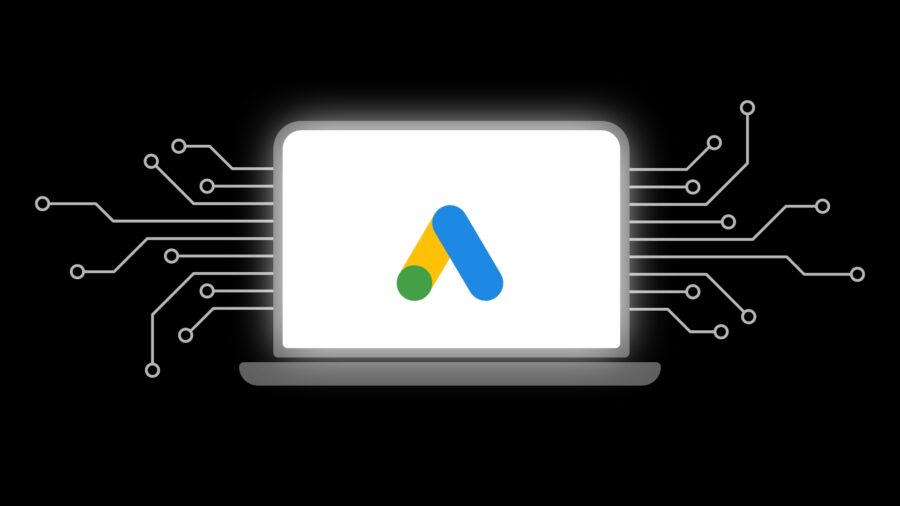How events can help amplify your destination marketing

How events can help amplify your destination marketing
Read more
A strategic guide to marketing in an election year

A strategic guide to marketing in an election year
Read more
5 things that all DMOs need to understand about AI

Digital strategy / Travel & tourism
5 things that all DMOs need to understand about AI
Read more
Envisionit Unveils Unchained: A Strategic AI Leap Forward for Businesses

Envisionit Unveils Unchained: A Strategic AI Leap Forward for Businesses
Read more
4 travel trends for 2024 for destination marketers

4 travel trends for 2024 for destination marketers
Read more
How Google Ads is using AI—and what it means for marketers

Digital strategy / Display / Paid search
How Google Ads is using AI—and what it means for marketers
Read more
Inspiring your next getaway to charming Galena Country

Inspiring your next getaway to charming Galena Country
Read more
No first-party data? No problem.

Digital strategy / Display / Travel & tourism
No first-party data? No problem.
Read more
3 digital marketing lessons from the Taylor Swift/Travis Kelce relationship

3 digital marketing lessons from the Taylor Swift/Travis Kelce relationship
Read more

